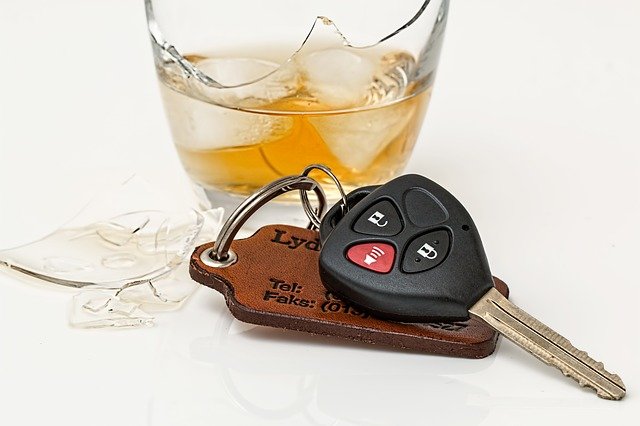After a DUI: Challenging the Results of Testing
Image by Steve Buissinne from Pixabay
Everyone understands that alcohol is the leading cause of major road accidents globally. Even though some pundits claim that accidents happen naturally, it is the exact opposite. They mostly occur because of drivers’ negligence and carelessness.
The number of accidents that happen every year because of alcohol influence keeps rising at an alarming rate. In the past, various mechanisms were established to reduce their number. However, they continued increasing until DUI tests were enacted as critical measures to lower the number of accidents caused by driving under the influence of alcohol.
What is DUI?
Getting behind the wheel of a motorized vehicle, e.g., passenger car, motorbike, truck, and van, when under the influence is illegal worldwide. No country allows it, and those found guilty usually face dire consequences, including jail term sentences. DUI refers to driving under the influence. It’s also known as Driving While Intoxicated (DWI).
In most cases, alcohol is a highly abused substance by most drivers. The driver is “under the influence” if the BAC (Blood Alcohol Content) is 0.08% or above. Some drunk drivers are so skilled at hiding their misconduct that it is impossible to detect them until they undergo a DUI test.
Many drivers drink large amounts of alcohol within a short time, e.g., 30 mins and then resume driving, putting their lives at risk. This is because it takes about half an hour to about two hours for alcohol to be fully absorbed into the body.
These impaired drivers mostly feel the ill effects of alcohol abuse when behind the wheel. They expose themselves to many risks include running short of breath and becoming unconscious while driving, causing fatal accidents.
What makes DUI a Criminal Offense?
Some people might argue that they commit no offense when they drink and drive, considering that they drive their own vehicles. However, that’s for those who view it from a shallow perspective. Below there are some of the adverse effects of driving after alcohol intake:
- Reduced coordination
- Slowed response time
- Impaired driver’s judgment.
1. Reduced Coordination
If you have ever consumed too much alcohol, you might agree that it’s difficult to control any machinery when under the influence. Drinking affects the driver’s motor skills. It also prevents drivers from seeing key road signs. That makes it difficult for them to avoid harmful scenarios.
2. Slowed Response Time
When driving under the influence, responding to any oncoming hazards becomes challenging. Slowed response time increases the chances of getting involved in an accident hence putting the driver’s life at risk.
3. Impaired Driver’s Judgment
Alcohol can badly affect the driver’s decision-making process, making it challenging for a driver under the influence to make critical decisions.
Can I Challenge the DUI Testing Results?
DUI test results are never final. Furthermore, some false positives may arise due to faulty devices or human errors. Therefore, never treat them as failproof. There are three main types of DUI alcohol testing methods:
- Field sobriety testing
- Breathalyzer testing
- Blood testing.
Field sobriety tests are DUI roadside tests that are the easiest to challenge because they are based on an officer’s perception. You may challenge a test that requires you to stand on one leg, citing disability, injury to one leg, or uneven terrain.
Learning impairment or illiteracy may be cited to challenge the results of a sobriety test that requires you to read out loud something from handed to you by the police officer. You or your lawyer could also challenge such tests for failing to abide by the strict guidelines to administer them.
Breathalyzer tests can also be wrong if the breathalyzer is defective, is not calibrated correctly, or the operator doesn’t know how to use it properly. But the odds of success are more significant if the driver is found only slightly intoxicated. A breathalyzer may consider you intoxicated if you have been breathing in certain substances shortly before the test. A seasoned DUI attorney can also challenge a breathalyzer test’s results on the grounds that it was not properly administered by the officer, like asking for the defendant’s informed consent or following the device’s instruction manual to a tee.
Blood tests are the most challenging DUI testing results to challenge. A DUI attorney might ask for access to the technician’s credentials or for the test to be re-done, citing possible calibration issues. A lawyer might also argue that a false positive was given because the blood samples were not safely stored before testing.
Conclusion
If you are arrested on DWI charges, and your case goes to trial, it is best to hire a knowledgeable DUI attorney to help you evaluate your case and find successful ways to challenge pre- and post-arrest DUI testing results (more details in the link). If the lawyer does a good job, you will be free. Therefore, never consider DUI charges a death sentence.

